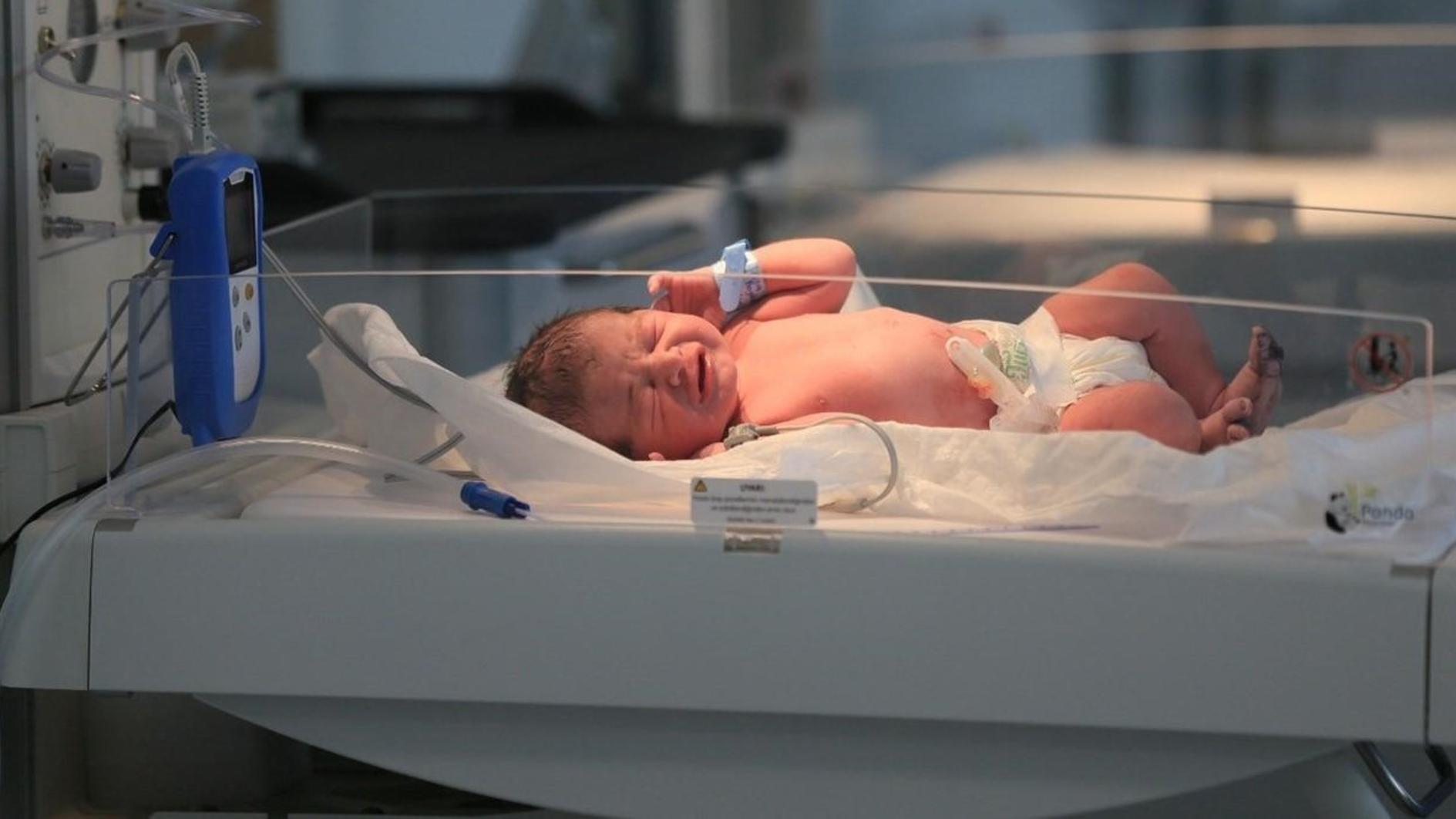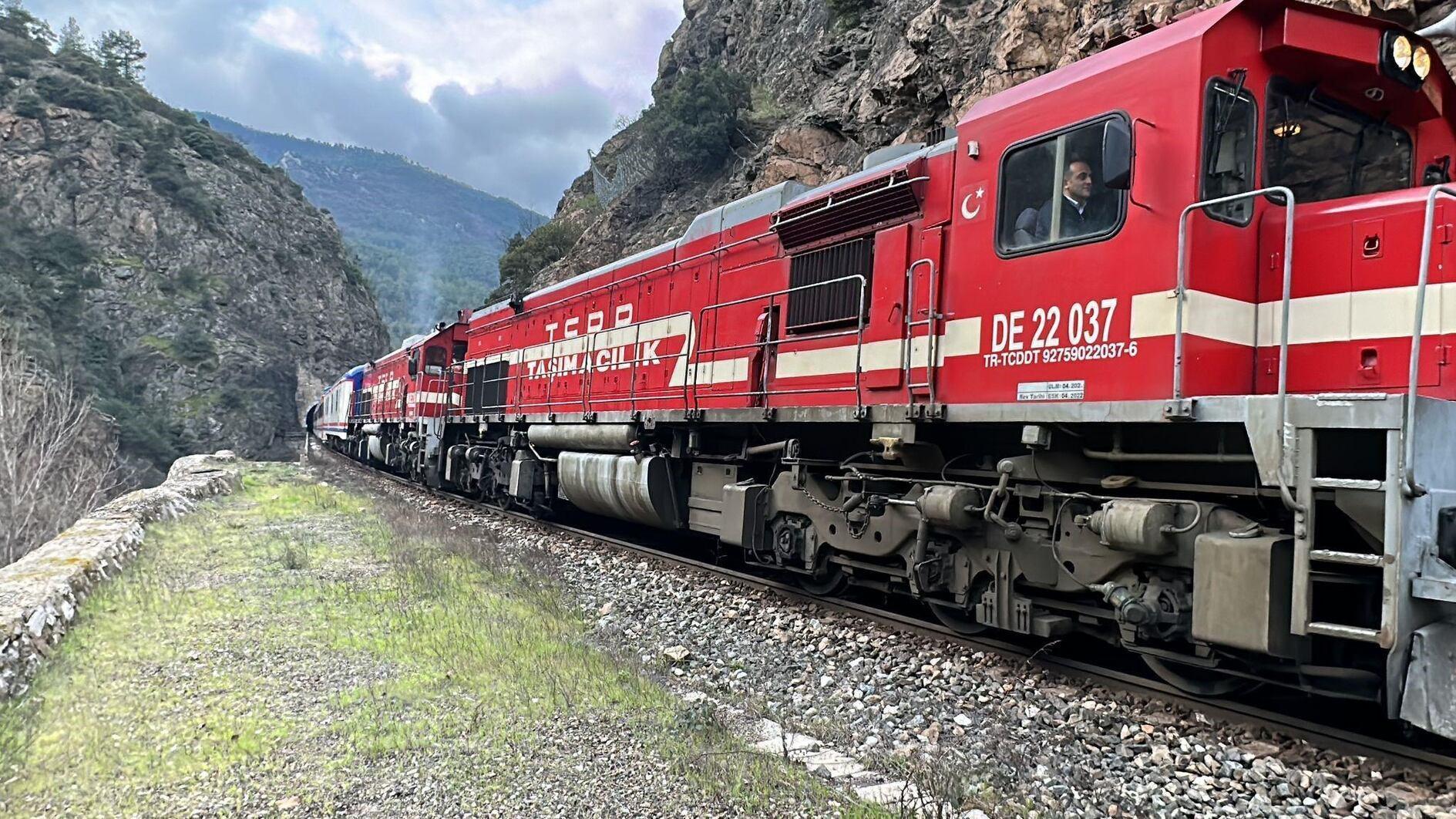The doomed duality that squeezes Turkey
Turkey has been in a state of emergency since the failed coup attempt on July 15. This is not a mere legal state of affairs, but also a state of mind for the whole nation. There is great fury against the putschists, which is partly justified and understandable, but also partly excessive and scary. Meanwhile, the opinions on what is really going on are clustered on two extremes.
On the one hand, there are those who read coup and the aftermath only in the light of President Tayyip Erdoğan’s known authoritarianism. For them, the threat that Erdoğan is speaking about must be nothing but his own invention (some believe even the coup itself was an Erdoğan conspiracy). Therefore the purge after the coup is nothing but a cruel witch-hunt that imprisons mere critics. We are just seeing Turkey devolve into fascism. This opinion is quite popular in the West.
On the other extreme, which is popular in Turkey, there are those which really are prone to turn the post-coup Turkey into a paranoid dictatorship. For them, every critic of Erdoğan can be blamed as a putschist, and every conspiracy theory can be a basis for arresting people. These are, of course, pro-government fanatics who want to use the coup only to jump into a higher level of authoritarianism, which had already escalated in the past three years.
Let me tell you my view: Both of these extremes are wrong. The first one is simply blind to the real threat that Turkey came face-to-face with on July 15: The Gülenist infiltration within the state. This infiltration has to be not just prosecuted for past crimes, but also disestablished for preventing future threats (in the exact same way that the United States launched a “war on terror” in 2001 not only to punish for 9/11, but also to prevent future attacks by al-Qaeda).
In other words, the purge of Gülenists within state institutions is a must for Turkey. The whole country has seen in the past decade that once this element has state power, it uses it for creating fake evidence against political rivals to imprison them, stealing secret documents (such as exam questions) to deepen its infiltration, or ultimately launching a bloody military coup. This cannot be compared to purging, say, “Jews,” “Kurds,” or “Muslims” from the state, the hallmarks of fascist regimes. “Gülenists in the state” does not correspond to such a cultural identity; it corresponds to a hierarchical and subversive organization.
On the other hand, however, the Gülenists are a compartmentalized group; most people in the lower ranks or the “civilian side” of the group have little idea about what is going on in the dark corners of the state.
Moreover, they have many legal institutions like charities or media. It cannot be considered a crime to follow Gülen as a religious leader and work in legal Gülenist institutions, let alone work with them professionally.
Yet the witch-hunters don’t see such nuances. Just yesterday, nine additional journalists were detained merely for having worked in pro-Gülen papers. Thousands of those who are already in jail are most probably people with such loose affiliations. For worse, we don’t know to what level this zeal will escalate.
In short, Turkish democracy is squeezed these days by a duality of threats which work in a vicious cycle: A very unusual “terrorist group” that operates secretly within the veins of the system, and a system that goes after it with a fury that does harm to many innocent people. Unless you see both sides of this doomed duality, you won’t get what really is going on.











